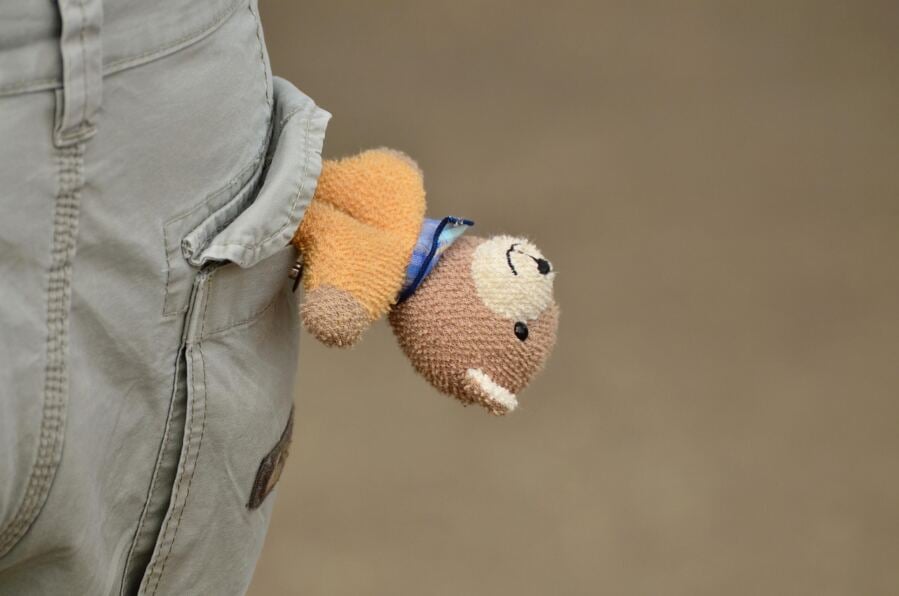New research reveals the complex pathway through which parents who experienced trauma as children may be more likely to mistreat their own children, potentially revealing strategies to break this harmful cycle.
A team of Japanese researchers has uncovered surprising evidence that mothers who experienced abuse during childhood develop a distinct type of emotional empathy that, when combined with depression, can lead to problematic parenting behaviors.
The study, published March 5, 2025, in Scientific Reports, compared 13 mothers who had engaged in child maltreatment with 42 mothers who had not, examining how childhood trauma influences their emotional processing and parenting approaches.
“We aimed to not only determine whether mothers engaged in child maltreatment in a simplistic ‘either/or’ manner but also to understand the act of maltreatment from a more nuanced, spectrum-based perspective,” explained Yuko Kawaguchi, the study’s lead author from the University of Fukui, Japan.
Using path analysis, a statistical method that maps relationships between variables, the researchers measured childhood trauma, empathy, depression, and parenting styles. Their findings challenge conventional wisdom about empathy’s relationship to parenting.
Mothers with histories of childhood maltreatment scored significantly higher on measures of personal distress, a self-centered form of emotional empathy that involves feeling overwhelmed by others’ negative emotions rather than responding constructively.
Interestingly, these mothers didn’t show deficits in cognitive empathy—the ability to understand others’ perspectives—as previous studies had suggested. Instead, their heightened emotional reactivity appears to foster vulnerability to depression, which then affects parenting.
The research revealed that depression severity influences parenting in a non-linear pattern. Mothers with moderate depressive symptoms exercised the most excessive discipline strategies, while those with severe depression showed less extreme parenting practices.
Dr. Takashi X. Fujisawa, Associate Professor at the University of Fukui and co-author of the study, told reporters that these findings have significant implications for interventions aimed at breaking the cycle of abuse.
The study builds on previous research showing that children who experience abuse tend to develop reduced empathy by age eight, potentially setting the stage for parenting difficulties when they become adults.
“Our research reveals that a history of abuse enhances emotional empathy, which in turn, influences parenting through its impact on depression,” Kawaguchi noted. “By addressing emotional empathy and depression, we can help break this cycle and prevent maltreatment from being passed down to the next generation.”
The study faced several limitations, including reliance on self-reported measures and a small sample of mothers in the maltreatment group. However, the researchers point out that studying this specific population offers valuable insights despite these constraints.
Psychologists not involved in the research suggest these findings could inform more targeted mental health interventions for at-risk parents, focusing on emotional regulation skills and depression treatment rather than general empathy training.
The University of Fukui team is now exploring how early intervention programs might incorporate these insights to help parents who experienced childhood trauma develop healthier emotional responses and parenting practices.
For child welfare experts, these findings highlight the importance of addressing parents’ mental health as a key component of preventing child maltreatment, particularly for those with their own histories of childhood trauma.
Funding for this research came from several Japanese government agencies, including the Japan Society for the Promotion of Science and the Japan Agency for Medical Research and Development.
If our reporting has informed or inspired you, please consider making a donation. Every contribution, no matter the size, empowers us to continue delivering accurate, engaging, and trustworthy science and medical news. Independent journalism requires time, effort, and resources—your support ensures we can keep uncovering the stories that matter most to you.
Join us in making knowledge accessible and impactful. Thank you for standing with us!

